Greetings, essential oil enthusiasts! As we enjoy the countless benefits of essential oils in our daily lives, one question that might come up is, do essential oils go bad or expire? In this article, we'll unravel the mystery surrounding the shelf life of essential oils and share some valuable tips on how to store them to maintain their potency and efficacy.
The Shelf Life of Essential Oils
While essential oils don't necessarily "expire" like some other products, they do have a shelf life. Over time, essential oils may lose their potency, change their aroma, or become less effective due to oxidation and other chemical changes. The shelf life of an essential oil depends on its chemical composition, purity, and storage conditions.
As a general rule, here's a rough guideline for the shelf life of different types of essential oils:
-
Citrus oils: 1-2 years (e.g., lemon, orange, and grapefruit)
-
Floral and herbaceous oils: 3-4 years (e.g., lavender, geranium, and rosemary)
-
Resinous and woody oils: 4-6 years (e.g., frankincense, cedarwood, and sandalwood)
Keep in mind that these are approximate timeframes and can vary depending on the specific oil and the conditions under which it's stored.
Signs Your Essential Oil Has Gone Bad
Here are some indicators that your essential oil may have lost its potency or gone bad:
-
Altered aroma: If the scent of your essential oil has changed significantly or become unpleasant, it's likely that the oil has degraded.
-
Changes in consistency: If your essential oil becomes thick, sticky, or cloudy, this may be a sign that it's no longer suitable for use.
-
Irritation: If you notice increased skin irritation or other adverse reactions when using an essential oil that you've had for a while, this could be an indication that the oil has lost its effectiveness or become compromised.
Storing Essential Oils for Longevity
To prolong the shelf life of your essential oils and maintain their potency, follow these storage tips:
-
Keep them cool: Store essential oils in a cool, dark place away from direct sunlight and heat sources.
-
Use dark glass bottles: Essential oils should be stored in dark-colored glass bottles to protect them from light exposure, which can degrade their quality.
-
Close the lids tightly: Make sure the lids of your essential oil bottles are tightly closed to prevent air exposure, which can cause oxidation.
-
Avoid moisture: Keep your essential oils away from moisture and humidity, as water can negatively affect their quality and potency.
In Conclusion: The Art of Preserving Your Essential Oils
While essential oils do have a shelf life, proper storage and handling can help prolong their effectiveness and maintain their aromatic properties. By understanding the signs of degradation and following storage guidelines, you can ensure that your essential oil collection remains vibrant and beneficial for as long as possible. Happy oiling, dear friends! 🌱✨💧
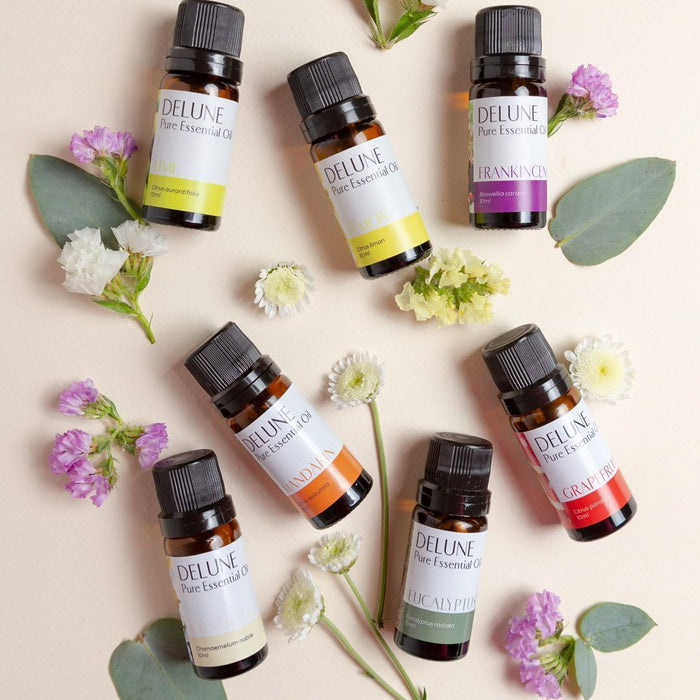


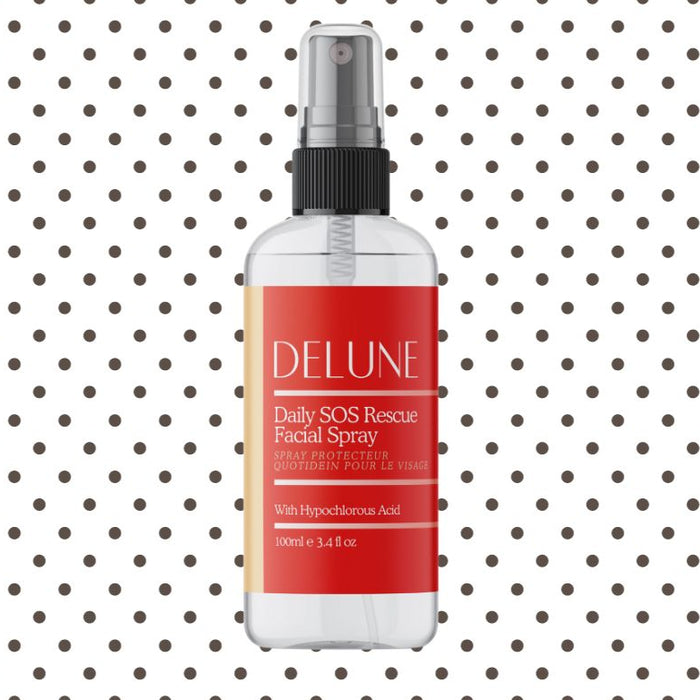

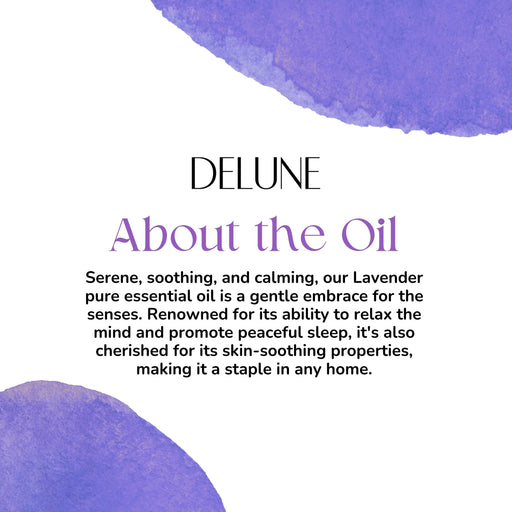
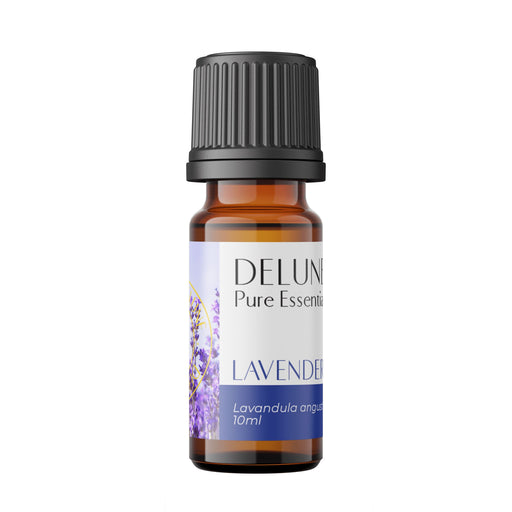
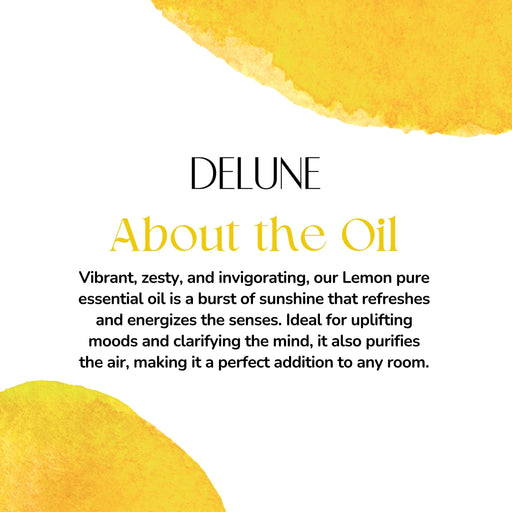
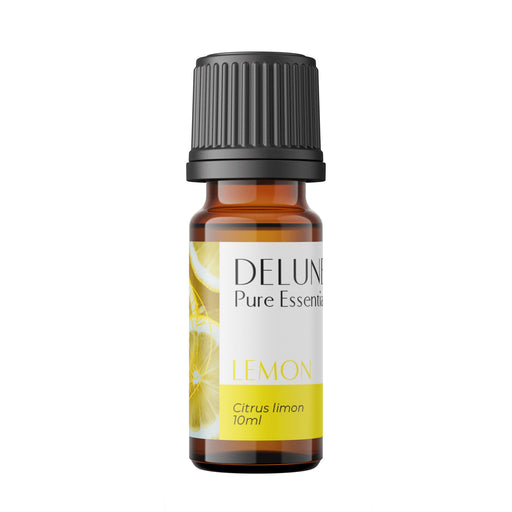
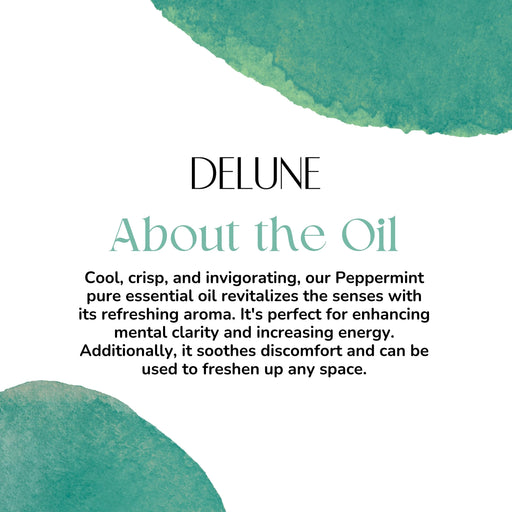
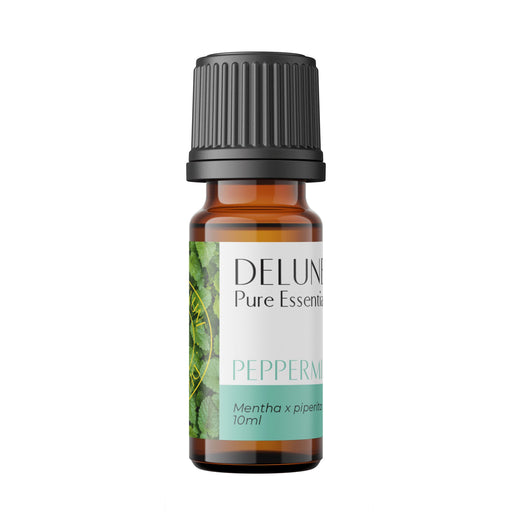
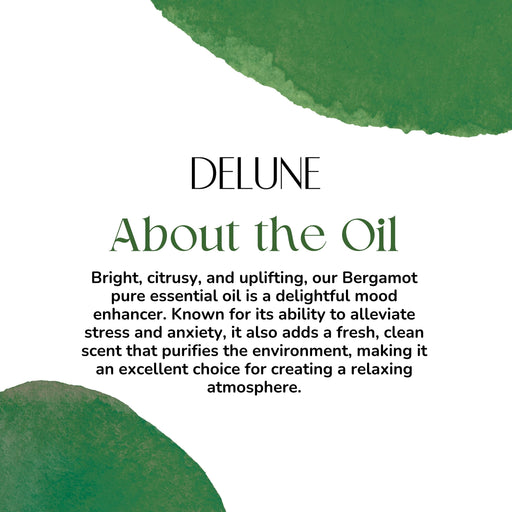
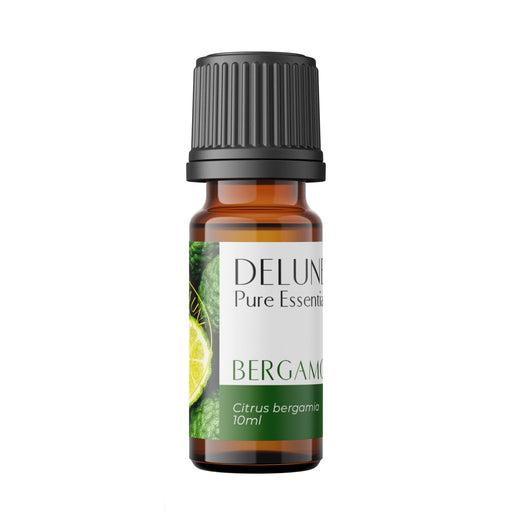
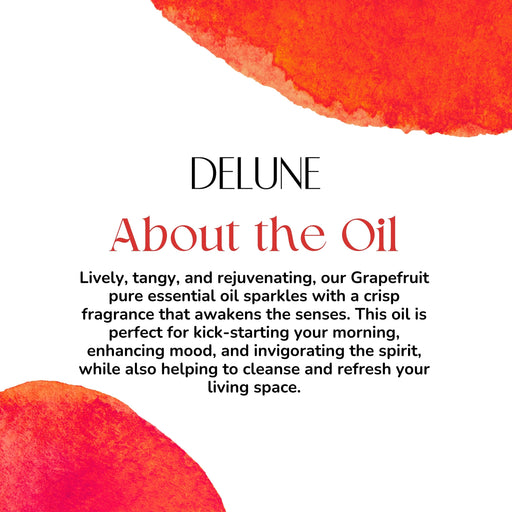
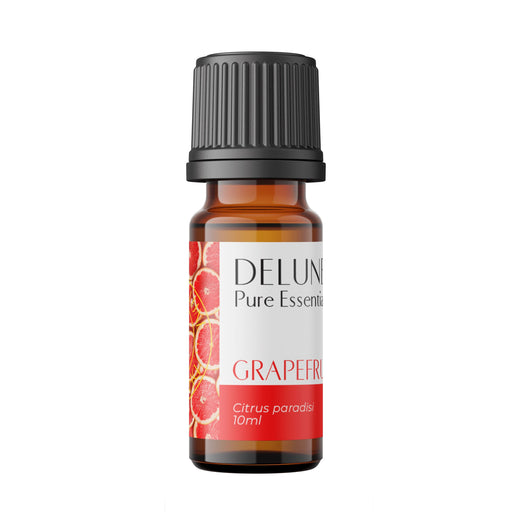
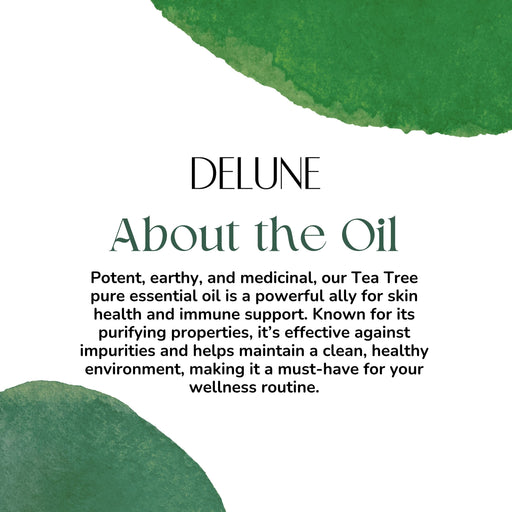
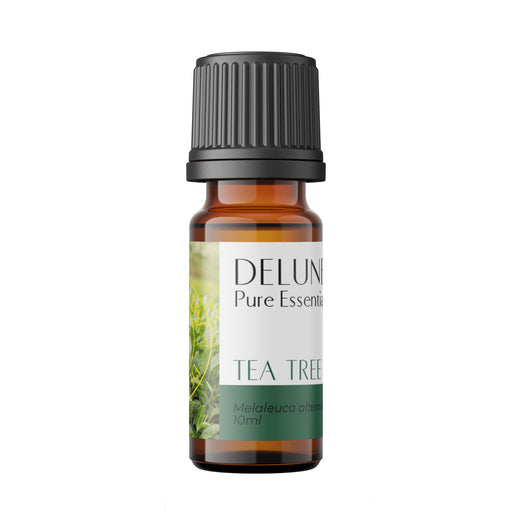
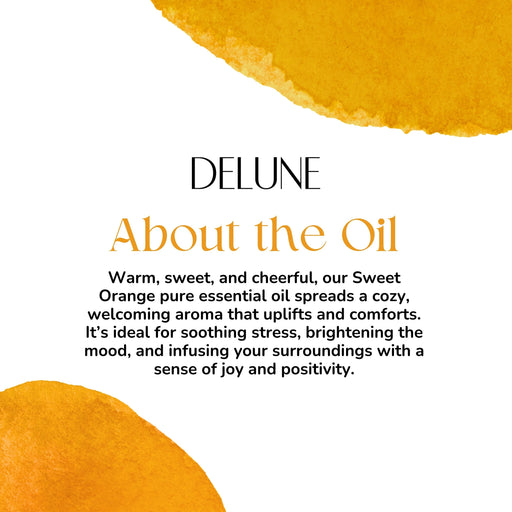
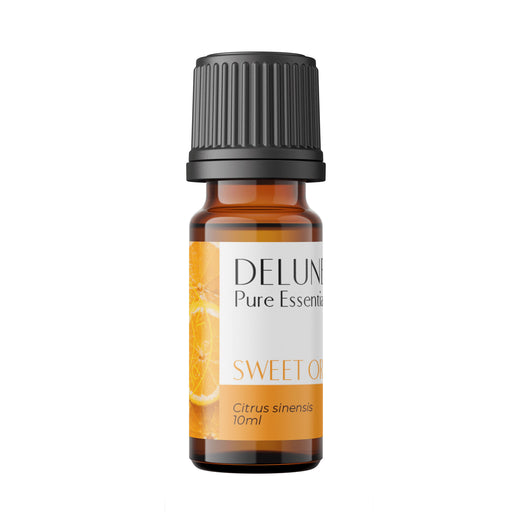
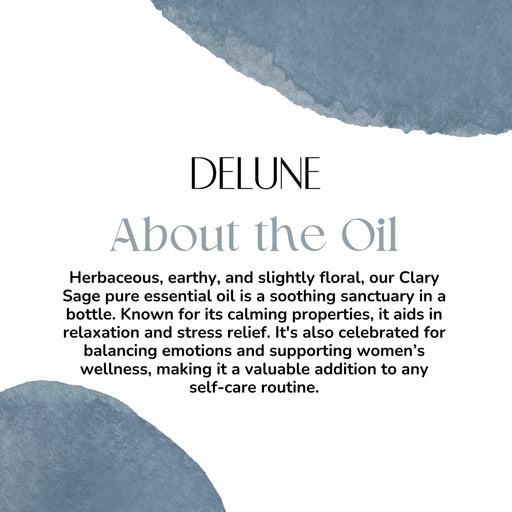
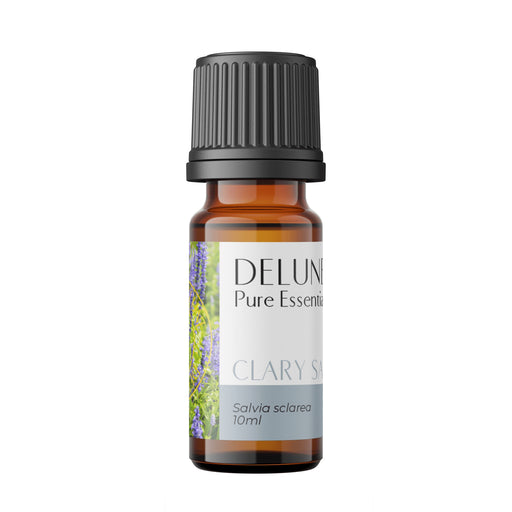
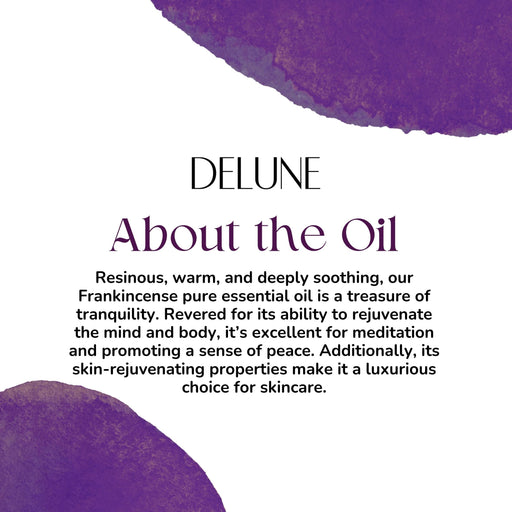
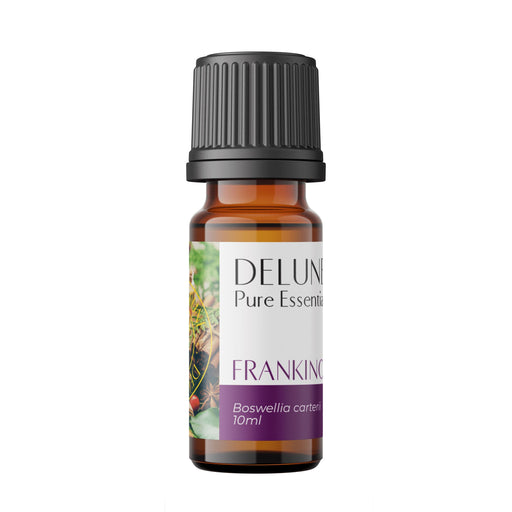
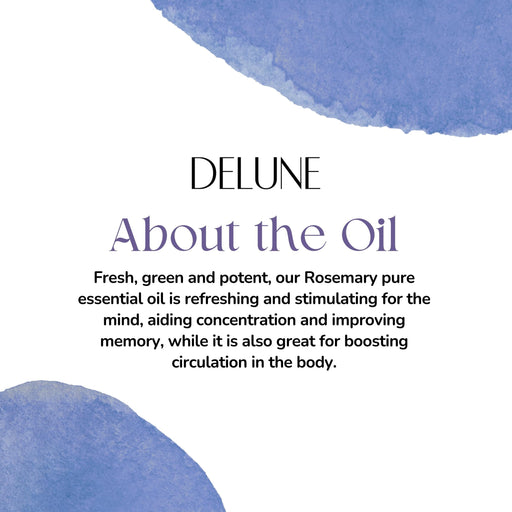
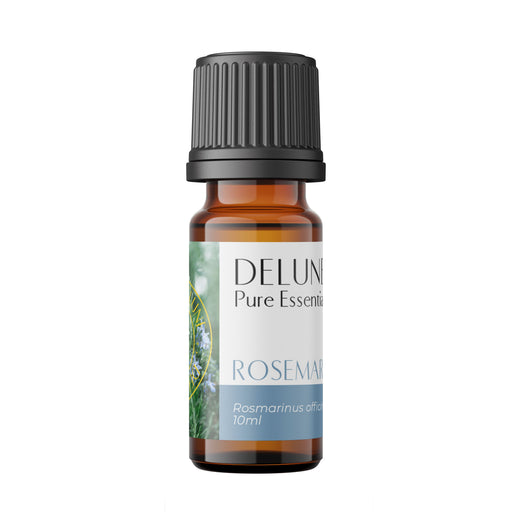
Leave a comment